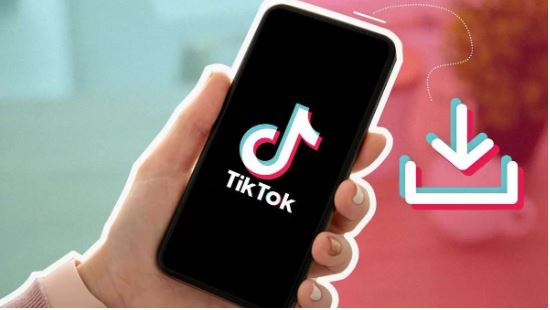TikTok users often find themselves wanting to save their favorite videos for offline viewing or sharing with friends. Fortunately, SnapTik provides a convenient solution for downloading TikTok videos effortlessly. In this guide, we’ll walk you through the simple steps to use the SnapTik tool to download TikTok videos quickly and easily.
Figuring out SnapTik Device
SnapTik is a web-based device planned explicitly for downloading TikTok recordings. It permits clients to include the URL of a TikTok video and produces a downloadable connection, empowering clients to save their number one substance straightforwardly to their gadgets.
Step by step Manual for Download TikTok Recordings Utilizing SnapTik:
Find the TikTok Video You Need to Download: Open the TikTok application on your cell phone or visit the TikTok site on your PC. Peruse the feed or quest for the particular video you wish to download.
Duplicate the Video URL: Whenever you’ve found the video you need to download, tap on the offer button (the bolt pointing right) situated on the right half of the screen. Then, at that point, select the “Duplicate Connection” choice to duplicate the video’s URL to your gadget’s clipboard.
Visit the SnapTik Site: Open your favored internet browser on your gadget and explore the SnapTik site (https://snaptik.club).
Glue the Video URL: On the SnapTik landing page, you’ll see a hunt bar. Tap on the bar to put your cursor, then lengthy press and select “Glue” to enter the TikTok video URL you duplicated before. On the other hand, you can physically type the URL into the pursuit bar.
Create the Download Connection: Subsequent to gluing the URL, tap on the “Download” button or press Enter on your console. SnapTik will handle the URL and produce a download connection for the TikTok video.
Pick the Download Quality: Once the download interface is produced, you might have the choice to pick the video quality prior to downloading. Select your favored quality in view of your gadget’s details or individual inclination.
Download the Video: Tap on the download button relating to your picked quality. The video will start to download to your gadget’s default download area. Contingent upon your gadget’s settings, you might get a notice once the download is finished.
Access Your Downloaded Video: Once the download is done, you can get to the downloaded TikTok video from your gadget’s display or record administrator. You can now appreciate watching the video disconnected or share it with loved ones.
Ways to utilize SnapTik:
- Guarantee that you have a steady web association while utilizing SnapTik to keep away from interferences during the download cycle.
- Regard the substance makers’ privileges and just download recordings for individual use or with appropriate consent.
- Consistently check for refreshes on the SnapTik site to guarantee similarity with the most recent TikTok elements and changes.
Conclusion
All in all, SnapTik gives a consistent and productive answer for downloading TikTok recordings, permitting clients to partake in their #1 substance disconnected or shared with others easily. By following the clear advances framed in this aid, clients can rapidly and effectively download TikTok recordings utilizing the SnapTik apparatus. Whether you’re saving recordings for individual satisfaction or imparting them to companions, SnapTik offers a helpful method for getting to TikTok content at whatever point and any place you like. So why stand by? Begin utilizing SnapTik today and assume command over your TikTok experience

